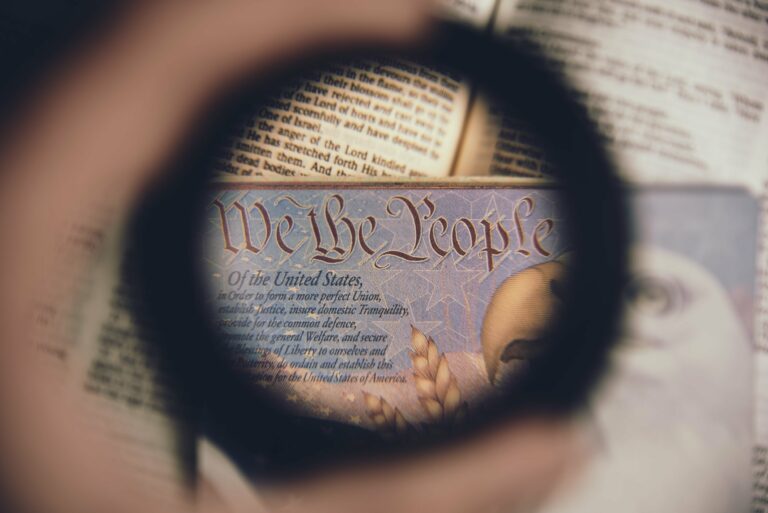Gratitude
But how should we express our gratitude to God? We can’t very well send Him flowers and a note of thanks. What, of course, comes to my mind, and probably yours as well is to praise Him in prayer, offering up our heart-felt gratitude before turning to our many petitions for healing and comfort.









